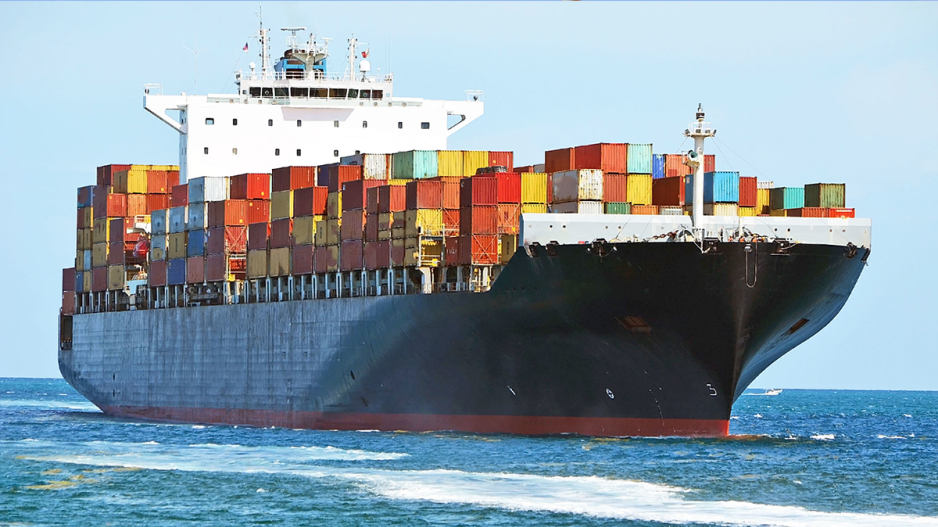Cyprus Economy Shows Resilience Amid Global Challenges, Says Central Bank Governor
Strong Growth, Fiscal Discipline, and Banking Sector Stability
The Cypriot economy continues to show strong growth despite persistent external challenges in an uncertain global environment, according to Christodoulos Patsalides, Governor of the Central Bank of Cyprus. Speaking at the monthly Cyprus Shipping Chamber (CSC) meeting, Patsalides emphasized that Cyprus is well-prepared to sustain growth even in the face of climate change and geopolitical risks.
The Governor highlighted that the economy has consistently demonstrated resilience and flexibility, as reflected in recent credit rating upgrades to the “A” category. These upgrades reinforce investor confidence in Cyprus’s fiscal policies and the stability of its economic and banking systems.
A key factor in this positive outlook is Cyprus’s improved fiscal performance. Public debt has dropped significantly from 114% of GDP in 2020 to 74% in 2023, showcasing disciplined financial management. Projections from the Ministry of Finance indicate that this downward trend will continue, with public debt expected to fall below 50% of GDP by 2028.
According to the Central Bank of Cyprus (CBC), economic growth for 2024 is forecasted at 3.7%, well above the projected Eurozone average of 0.7%. Growth is being driven by the expansion of productive sectors such as technology, trade, tourism, financial and professional services, shipping, and construction. Between 2025 and 2027, GDP is expected to increase by approximately 3% annually, primarily due to rising domestic demand and, to a lesser extent, external demand.
Private consumption is expected to rise due to increasing household disposable income and a strong labor market. Additionally, large-scale private non-residential investments, infrastructure projects focused on digital and green development, and Recovery and Resilience Plan reforms are set to support economic expansion.

Patsalides highlighted Cyprus’s shipping industry as a major pillar of the economy. In 2023, the sector accounted for 17.2% of total service exports, ranking third after the Information and Communication Technology (30.2%) and financial services (20.3%) sectors. Despite challenges such as the COVID-19 pandemic, geopolitical conflicts, and tensions in the Red Sea, the sector has remained strong and resilient.
Unemployment in Cyprus declined to 5% in the first nine months of 2024, down from 5.8% in 2023. It is projected to remain at 5% for the full year and decrease further to 4.6% by 2027, approaching full employment levels. These figures compare favorably with the Eurozone’s forecasted unemployment rate of 6.1% by 2027.
Inflationary pressures have eased significantly, with inflation dropping to 2.2% in the first 11 months of 2024, compared to 4.1% in the same period in 2023. According to CBC projections, inflation is expected to stabilize near the 2% medium-term target, reaching 1.9% in 2025, 2.1% in 2026, and 2.0% in 2027.
Patsalides underscored the continued resilience and progress of the Cyprus banking sector.
The Governor emphasized that Cypriot banks must adopt responsible pricing policies to balance reputation risks and economic competitiveness, especially given their slow adjustment of interest rates in response to European Central Bank monetary policy actions.
Looking ahead, Patsalides identified key challenges for Cyprus’s economy and banking sector, including adapting to artificial intelligence, mitigating cyber risks, managing geopolitical uncertainties, and transitioning to a greener economy. He stressed that addressing these priorities is critical to maintaining a positive economic trajectory.
Concluding his remarks, the Governor reaffirmed that Cyprus’s economy has shown resilience and adaptability, supported by strong fiscal policies and a stable financial system. He emphasized that the shipping sector remains a cornerstone of economic strength, further solidifying Cyprus’s position as a leading maritime hub. While challenges such as climate change and geopolitical risks persist, Cyprus is well-prepared to sustain growth and navigate an evolving global landscape.






